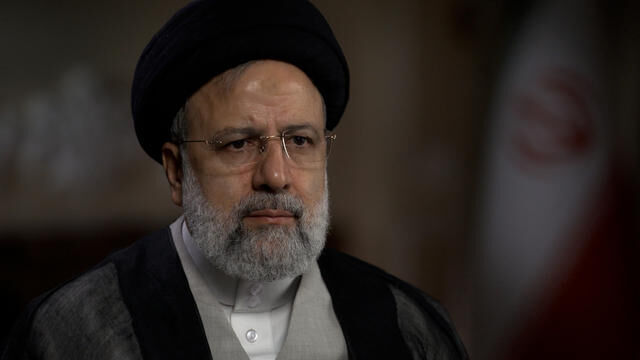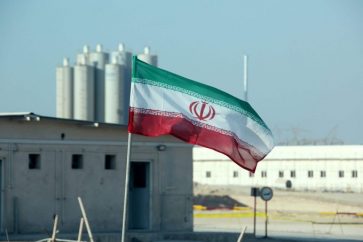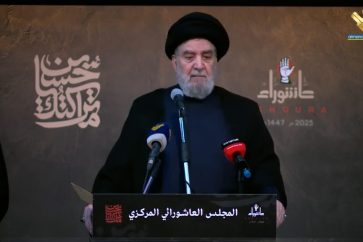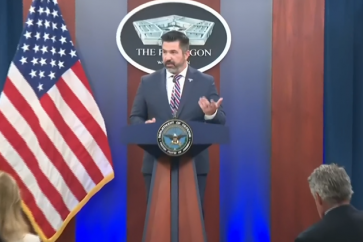President Ebrahim Raisi has underscored Iran’s full authority on its recently-released assets, saying it is the Islamic Republic that decides how to spend the funds and that the money will be spent “wherever we need it.”
Raisi made the remarks in an exclusive interview with the American broadcast television network NBC in the capital Tehran on Tuesday.
He pointed to last month’s deal between Iran and the United States to exchange prisoners and to secure the release of $6 billion of Iranian funds that had remained blocked in two South Korean banks since 2018 because of US pressure on Seoul.
The administration of US President Joe Biden claimed at the time that the funds and the proceeds of Iranian oil sales to South Korea could only be spent on “humanitarian” purposes.
Raisi said during the interview that Iran would have “authority” over how the funds would be spent, stressing, “This money belongs to the Iranian people, the Iranian government, so the Islamic Republic of Iran will decide what to do with this money.”
Asked whether the released funds would be used for other purposes rather than humanitarian needs, the Iranian president said, “Humanitarian means whatever the Iranian people need, so this money will be budgeted for those needs, and the needs of the Iranian people will be decided and determined by the Iranian government.”
Raisi also said the American detainees in Iran were “very healthy,” and would be coming home soon as the US-Iran prisoner exchange deal would be completed in “due time.”
The Biden administration announced on Monday that it had taken concrete steps to clear the way for the prisoner exchange, issuing a waiver that allows international banks to transfer the $6 billion to Qatar without the threat of US sanctions.
The waiver means that European, Middle Eastern and Asian banks will not be in violation of US sanctions in converting Iran’s money, which was frozen in South Korea, and transferring it to Qatar’s central bank, where it will be held for Tehran to be used for the purchase of non-sanctioned goods.
The Biden administration also agreed to release five Iranian citizens held in the United States.
The five Iranian detainees were identified as Mehrdad Moein Ansari, Kambiz Attar Kashani, Reza Sarhangpour Kofrani, Amin Hassanzadeh, and Kaveh Lotfollah Afrasiabi.
Top Iranian officials have emphasized that there is no connection between the prisoner exchange agreement reached with the United States and the release of Iran’s frozen assets.
Earlier in August, Iran’s Foreign Minister Hossein Amir-Abdollahian said, “The exchange of prisoners is a completely humanitarian issue and has nothing to do with unblocking our funds in foreign banks.”
Last week, Kazem Gharibabadi, secretary of Iran’s High Council for Human Rights, also roundly dismissed the notion that Iran has agreed to release the American prisoners in order to have access to its assets.
Source: Press TV




